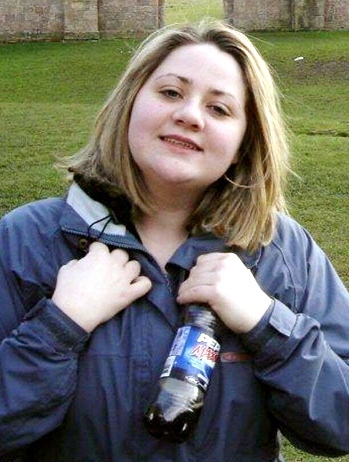Earlier diagnosis could have saved mum
Date published: 14 May 2015

CATH MOSTON
A HEAVILY pregnant teacher who died from internal bleeding due to a rare complication would have been “guaranteed” survival had gone to hospital as soon as symptoms appeared, an inquest heard.
Head of science Cath Moston (35), from Shaw, was taken to the Royal Oldham Hospital in January 2014, after becoming ill at work, Middleton Technology School.
Mrs Moston, who was 37 weeks pregnant, was advised by her midwife at around 12.40pm to go home and rest. During the afternoon, as her condition deteriorated, her family contacted the NHS three times but were told not to attend hospital. An ambulance was called around two and a half hours later, but Mrs Moston was classed as a case not requiring urgent response.
An ambulance eventually arrived at 3.51pm, though ambulance service representative Peter Ballan said the 999 call that led to it seemed to be “typical of a woman in labour”, and that there were no signs Mrs Moston was in serious danger.
Mrs Moston - who had suffered five miscarriages while trying for her second child - was showing no blood pressure and her condition worsened as paramedics put her in the ambulance. A back-up crew arrived and both crews performed CPR as they rushed her to hospital, arriving seven minutes later.
A Caesarean section was performed to save her unborn child but the baby girl, who would have been called Esther Grace, died soon afterwards.
Peter Stewart, a retired consultant obstetrician and gynaecologist, told the inquest the main contributor to Mrs Moston’s death, placental abruption, is “extremely difficult” to diagnose over the phone, so midwives who spoke to the family that afternoon, and the 999 call handler, couldn’t have been expected to know it was happening. The condition, of which the major symptom is bleeding, affects around one in 200 pregnancies, with effects from serious to mild.
Mrs Moston had a “concealed” placental abruption, with no external bleeding, making the condition even more difficult to diagnose.
He added: “If Mrs Moston had been in hospital when her condition worsened, I can guarantee she would have survived. She would have been diagnosed straight away and the doctors would have performed an emergency caesarean within 10 minutes and would have been able to resuscitate her.”
But he said he couldn’t be certain baby would have survived the abruption, which would have denied the baby oxygen and nutrients.
Assistant coroner Matthew Cox will prepare a written conclusion in the next two weeks.
Most Viewed News Stories
- 1Milan Bar in Lees and The Bank at Delph close doors with immediate effect
- 2Punch perfect Kyle is Oldham's latest national boxing champ
- 3Group wanted following attempted robbery incident on a tram in Shaw
- 4Five arrested after two young victims are robbed
- 5Shaw prospect Rafferty aims to shine at massive 'Ring Warriors Unleashed' show




